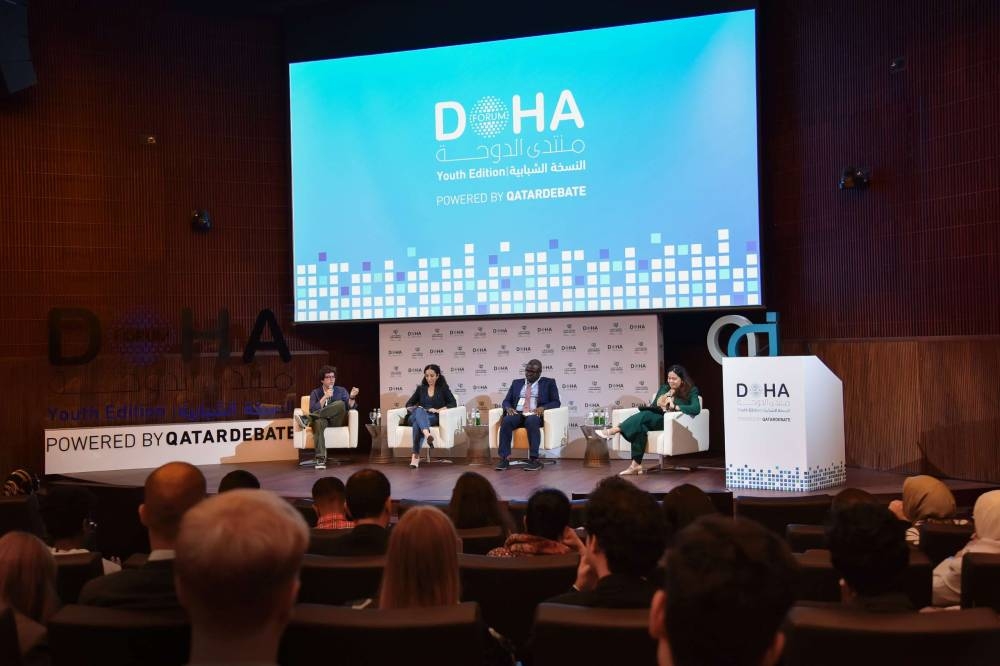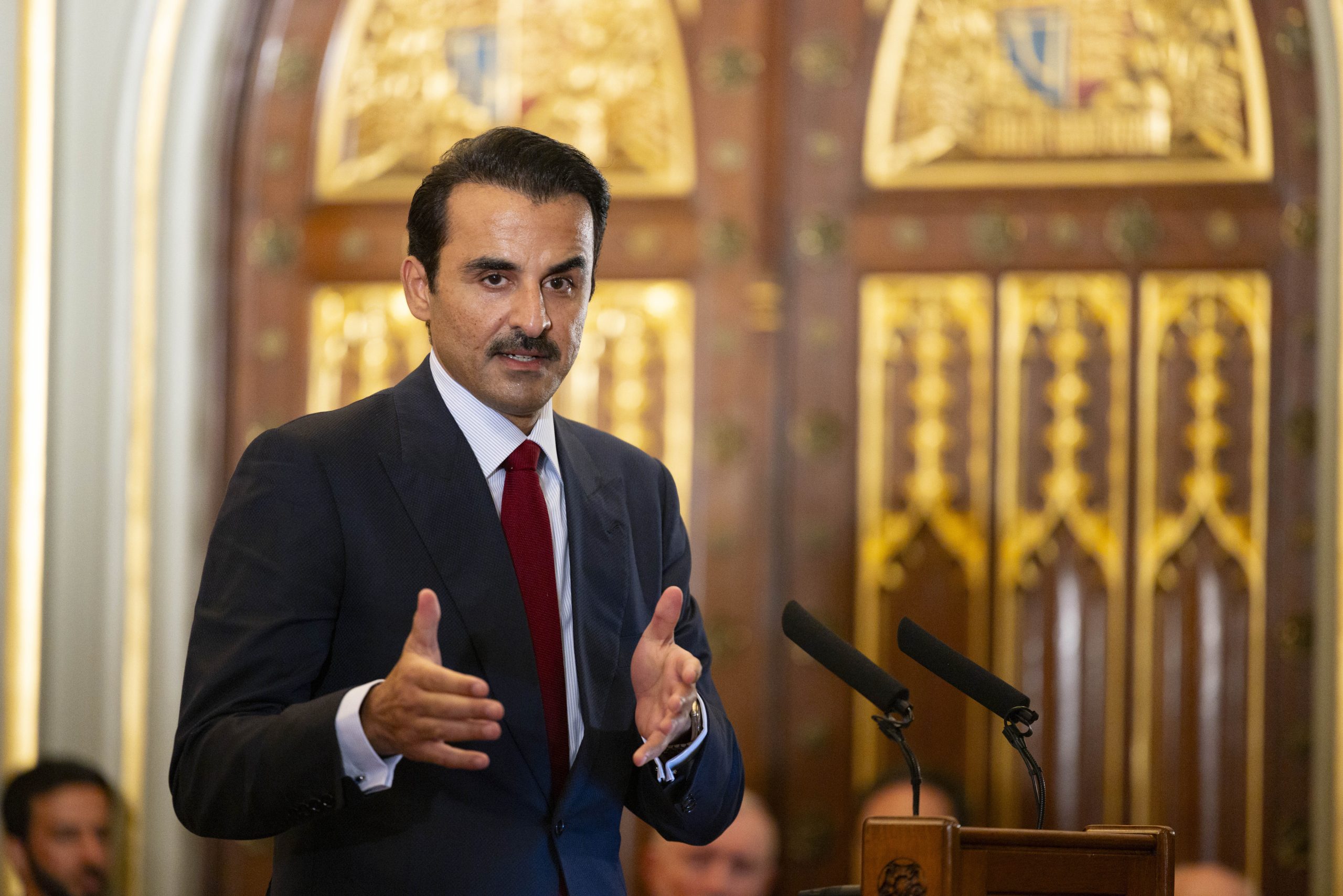
Qatar remains one of the world’s most prosperous countries, but is still struggling to convert its oil and gas wealth into something more sustainable, a new study has found.
The report by the Boston Consulting Group (BCG) analyzed the economic well-being of 163 countries.
Qatar scored 77 on a 100-point scale in the Private-Sector Opportunity to Improve Well-Being: The 2016 Sustainable Economic Development Assessment. That’s down slightly from last year, when it had a 78.6.

The study looked at 10 main areas, including health, governance and environment, as well as how countries convert wealth and growth into well-being.
The findings were released in July, but BCG issued an analysis of Qatar’s results yesterday.
As in previous years, Qatar fared among the best in the region, coming ahead of most of its Gulf peers.
It tied with the UAE, but did better than Saudi Arabia (71.1), Kuwait (70.2), Bahrain (70.1) and Oman (65.4).
The top-performing countries were once again in Western Europe and include Norway, Finland and Denmark.
Work to be done
This year, Qatar made the strongest gains in the income and governance categories, compared to other nations.
That includes factors such as levels of violence, corruption and rule of law.

However, Qatar – like many other natural gas-rich nations – is falling short in terms of securing its future, the report asserted.
This holds especially true when it comes to making gains in the education, civil society (including gender equality) and environment arenas.
Just last week for example, a World Health Organization report said air pollution in Qatar is among the worst in the world for residents’ health.
Financial inclusion
To help bridge the gap between its current success and future needs, BCG urged further investment in the private sector.
This is a strategy Qatar has been honing in on in recent years, especially as gas prices fall, and one that was also recommended by the World Economic Forum last week.
BCG added that being financially inclusive can also help residents’ well-being.

This means ensuring people have equal access to starting bank accounts, for example – a step Qatar has been taking with its new Wage Protection System (WPS).
In a statement, Douglas Beal, BCG’s Director of Social Impact and one of the report’s authors, said:
“Our study finds that two factors are critical to improving financial inclusion: a regulatory structure that provides safeguards but allows innovation and a solid infrastructure, including communications networks and payment systems.
With those two elements in place, private-sector innovation in Qatar can flourish.”
Thoughts?







